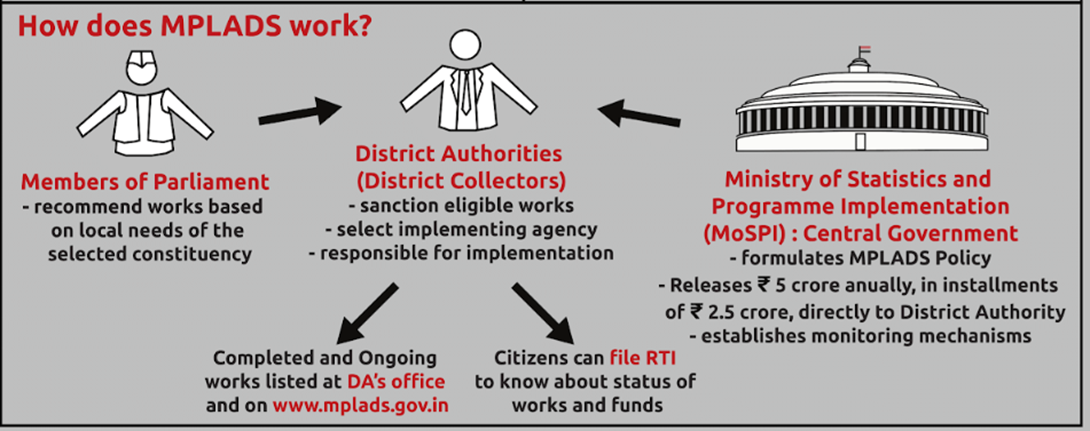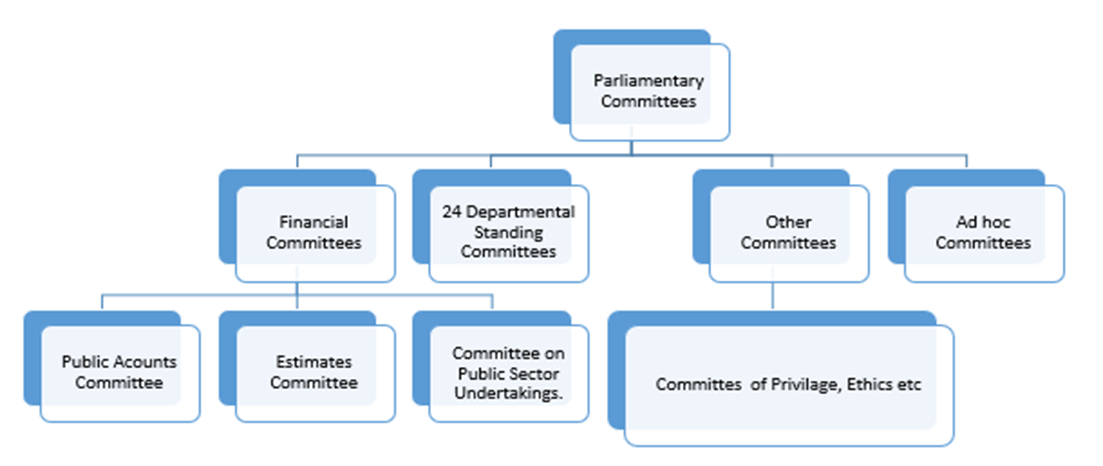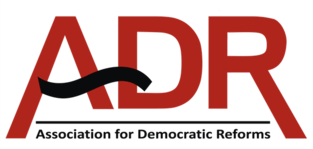- Courses
- GS Full Course 1 Year
- GS Full Course 2 Year
- GS Full Course 3 Year
- GS Full Course Till Selection
- Answer Alpha: Mains 2025 Mentorship
- MEP (Mains Enrichment Programme) Data, Facts
- Essay Target – 150+ Marks
- Online Program
- GS Recorded Course
- Polity
- Geography
- Economy
- Ancient, Medieval and Art & Culture AMAC
- Modern India, Post Independence & World History
- Environment
- Governance
- Science & Technology
- International Relations and Internal Security
- Disaster Management
- Ethics
- NCERT Current Affairs
- Indian Society and Social Issue
- NCERT- Science and Technology
- NCERT - Geography
- NCERT - Ancient History
- NCERT- World History
- NCERT Modern History
- CSAT
- 5 LAYERED ARJUNA Mentorship
- Public Administration Optional
- ABOUT US
- OUR TOPPERS
- TEST SERIES
- FREE STUDY MATERIAL
- VIDEOS
- CONTACT US
Members of Parliament Local Area Development Scheme (MPLADS)
Members of Parliament Local Area Development Scheme (MPLADS)
15-04-2024

About 48 per cent of the total ₹442 crore that were to be spent as MPLAD funds in Gujarat between 2019 and 2024, remained “unutilised”, stated Association for Democratic Reforms (ADR).
About Members of Parliament Local Area Development Scheme:
-
Scheme Overview:
- MPLADS is an ongoing Central Sector Scheme initiated in 1993-94. Between 2019 and 2024, the Covid pandemic had caused the scheme to be frozen for 1.5 years. Each MP was entitled to spend ₹17 crore instead of ₹25 crore in their respective constituencies.
- The scheme empowers MPs to recommend action to create sustainable community assets based on local needs in their constituencies.
- It focuses on national priorities such as drinking water, education, public health, sanitation and roads.
-
MPLADS Fund Allocation:
- Each MP constituency receives an annual MPLADS fund entitlement of Rs. 5 crore.
- Lok Sabha members can recommend works within their constituencies.
- Rajya Sabha members can recommend works in one or more districts in the state from where they were elected.
- Nominated members of the Lok Sabha and Rajya Sabha may select districts from any one state in the country for implementing their choice of work under the scheme.
-
MPLADS Utilization Guidelines:
- MPs must allocate at least 15% of their MPLADS entitlement each year for areas inhabited by Scheduled Caste population and 7.5% for areas inhabited by Scheduled Tribe population.
- Elected MPs wishing to contribute MPLADS funds outside their constituency or state can recommend work up to Rs. 25 lakh in a financial year.
- MPs do not directly receive MPLADS funds. The Centre transfers the sanctioned amount in 2 installments of Rs. 2.5 crore to the district authorities of the concerned MP's nodal district after project approval.
-
Implementation Process:
- MPs' role is limited to recommending projects.
- The responsibility lies with the district authority to sanction, execute, and complete the recommended project within a specified timeframe.
Nodal Ministry:
The Ministry of Statistics and Programme Implementation is responsible for policy formulation, fund release, and prescribing monitoring mechanisms for the effective implementation of the MPLADS scheme.
FAQs:
Q1: What is a Parliamentary committee?

- A parliamentary committee is a committee that is appointed or elected by the House, or nominated by the Speaker. They work under the direction of the Speaker and present their report to the House.
- The concept of Parliamentary committees originated in the British Parliament.
- Parliamentary committees deal with specific areas of public policy or administration.
- They are significant because they provide expertise and specialization.
- Parliamentary committees are established to study and deal with various matters that cannot be directly handled by the legislature due to their volume.
- They also monitor the functioning of the executive branch.
There are two kinds of parliamentary committees:
- Ad hoc Committees
- These are appointed for a specific purpose and they cease to exist when they finish the task assigned to them and submit a report.
- Standing Committees
- These are permanent committees that work regularly and are formed by Acts of Parliament.
Q: What is the Association for Democratic Reforms (ADR) ?
- Association for Democratic Reforms (ADR) was founded in 1999.
- ADR advocates for transparency and accountability in India's political and electoral systems.
- ADR's efforts led to the Supreme Court mandating candidates to disclose criminal, financial, and educational backgrounds before elections.
- Since 2002, ADR has conducted election watches, providing detailed analyses of candidate backgrounds to help voters make informed choices.
- ADR undertakes projects to enhance transparency and accountability in the country's political system.
Mission:
Goal is to improve governance and strengthen democracy by continuous work in the area of Electoral and Political Reforms. The ambit and scope of work in this field is enormous, Hence, ADR has chosen to concentrate its efforts in the following areas pertaining to the political system of the country:
- Corruption and criminalization in the political process.
- Empowerment of the electorate through greater dissemination of information relating to the candidates and the parties, for a better and informed choice.
- Need for greater accountability of Political Parties.
- Need for inner-party democracy and transparency in party-functioning.
Must Check: Best IAS Coaching In Delh



